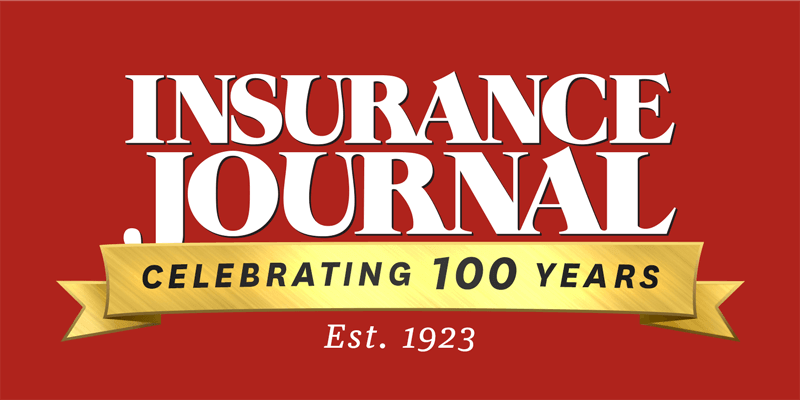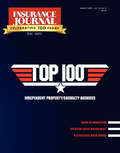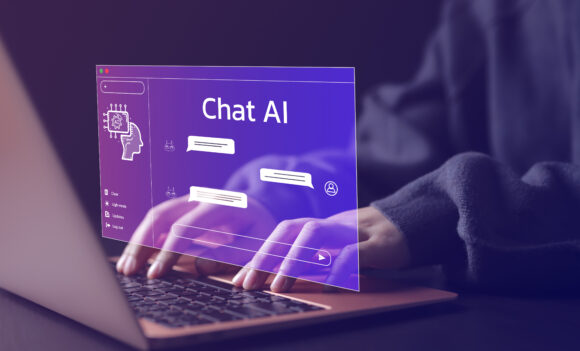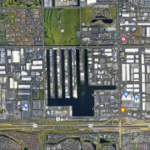The movie Terminator 2 is the first thing that comes to mind when I hear about artificial intelligence. A universe where machines take over our daily lives seems so distant from my reality. Then I’m reminded that I use AI every time I unlock my iPhone with face ID. Maybe it’s not so far off after all.
That’s the message, and question, for this article. How much of an impact is artificial intelligence making already on insurance industry recruiting? To try and answer this question, I thought about the biggest pieces of the recruiting process where insurance companies and agencies spend the bulk of their time.
Can ChatGPT Write Better Job Advertisements?
I consult with insurance organizations on how to write better job advertisements. Most companies post the full job description because recruiters don’t have the time or know how to create a compelling piece. Artificial intelligence is appealing because it could write the advertisement in minutes.
I played around with ChatGPT. Using phrases like “What is the job advertisement for a commercial insurance account manager?,” “What are job responsibilities for an insurance agency president?” and “Job posting for insurance claims specialist,” I wondered if AI would give me a comprehensive write up. The result was “Meh.” ChatGPT generated basic, 200- to 300-word job descriptions. Nothing spectacular but nothing horribly misguided either.
At this point, AI like ChatGPT will not give you a creative, compelling job advertisement, which means it isn’t likely to save you any time generating job ads. However, if you don’t have a job description for a particular role, you could use ChatGPT to build a starter template.
Can AI Help Source and Screen Insurance Candidates?
Have you ever wished the perfect candidate would fall in your lap to fill a job opening? If so, can AI help you find candidates to speed up recruiting?
On some level AI already helps you source candidates. Job boards like LinkedIn and Indeed have algorithms that push notifications about jobs and people based on their profile or resume in the database. When that happens, those individuals may apply for the job, and as a result, you may see more applications for your job openings.
Regarding screening, AI saves recruiters time combing through Applicant Tracking Systems using keyword combinations to find resume matches in your database. According to AIRHR.com, “With 52% of recruitment leaders saying that identifying the right candidates is the most challenging part of their job, it seems clear the experts feel this [screening] isn’t a task that can be done with people power alone.”
My takeaways are:
- My team’s experience with job board algorithms has been mixed. The more sophisticated and unique the insurance requirements are in your job opening, the less precise the algorithm is with suggested matches. You’ll probably benefit from AI to fill more generic, low level and non-insurance specific positions.
- AI’s ability to match candidates to jobs in your database will only be as good as the information you’ve entered. This is where efficient processes and defined best practices are paramount. There’s a lot of manual labor (i.e., data entry, coding, candidate pooling, and documentation) that your hiring team and recruiters need to do for AI to match resumes with your jobs.
- From everything I’ve read in HR and tech studies, AI is most beneficial for very large companies. I suppose there’s no bad tool when you’re trying to hire thousands of people, but that’s a miniscule percentage of insurance companies and very, very few agencies. If your firm isn’t in the top 1% of company size and hiring activity, then I don’t think you can expect AI to replace traditional recruiting strategies.
- Recruiting is still an interpersonal process. Think about how many good people you’ve hired who had terrible resumes. Computers don’t operate in gray space. Even with your best coding, database management and keyword terms, you still need a person’s intuition and experience to find the best people.
Long story short, we’ll continue to see AI evolve as a tool in the recruiting process rather than a replacement altogether. No machine or mathematical equation can tell your company’s story, create brand differentiation, connect with others, build relationships, and drive the hiring process quite like people.
Was this article valuable?
Here are more articles you may enjoy.



 Wall Street WhatsApp, Texting Fines Exceed $2.5 Billion
Wall Street WhatsApp, Texting Fines Exceed $2.5 Billion  Missouri’s Cameron Mutual Placed Into Rehabilitation
Missouri’s Cameron Mutual Placed Into Rehabilitation  Massive Citizens Takeout Plan Seen as Sign That Things Are Looking Up in Florida Market
Massive Citizens Takeout Plan Seen as Sign That Things Are Looking Up in Florida Market  Divers Find 32 Cars Submerged in Lake Near Miami
Divers Find 32 Cars Submerged in Lake Near Miami 



